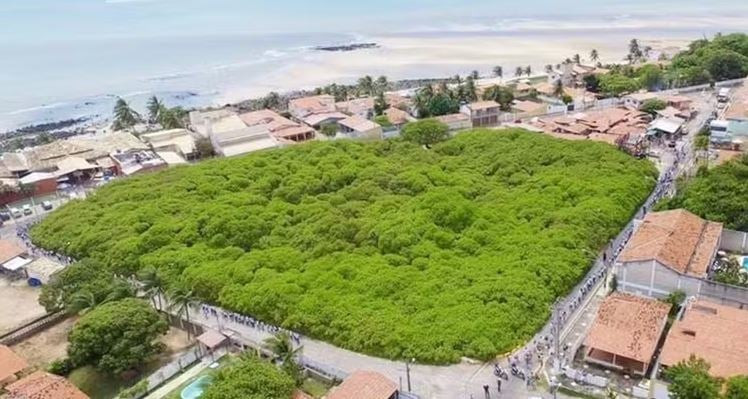
According to legend, the Pirangi cashew tree was planted by a local fisherman in 1888, who later died at the age of 93 under the shade of this giant tree.
However, experts believe that based on the tree's growth characteristics, Pirangi is estimated to be over 1,000 years old.
One thing is for sure, this is no ordinary cashew tree. Pirangi is the size of 70 regular cashew trees and can only be seen from a special vantage point. Pirangi produces over 60,000 cashews a year and attracts hundreds of thousands of tourists from all over Brazil.
According to experts, Pirangi's unusual growth is related to a genetic defect that causes the tree's branches to grow sideways instead of upward. Weight and gravity cause the branches to bend toward the ground, and when they come into contact with the soil, new roots begin to form and the tree continues to grow. Today, the original trunk is almost indistinguishable from the trunk that grew later.
Located on Pirangi do Norte beach, in Rio Grande do Norte, the Pirangi cashew tree has become one of the main local tourist attractions after being recognized by the Guinness World Records as the largest cashew tree in the world , covering an area of 8,400 m2.
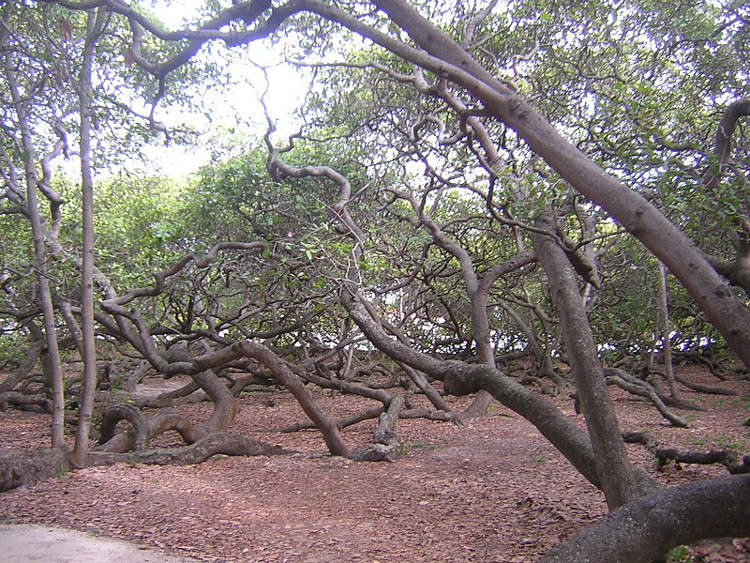
According to the Institute for Sustainable Development and Environment, which manages the famous Pirangi cashew tree, about 300,000 tourists visit the area each year to admire the giant tree.
Interestingly, there has been a “competitor” to the title of the world’s largest cashew tree with Pirangi. According to the secretary of the Piauí Tourism Department, the cashew tree on the Piauí coast is actually the world’s largest cashew tree, covering an area of approximately 8,800 square meters. However, this claim has not yet been officially verified by Guinness.
Source: https://baohaiduong.vn/cay-dieu-lon-nhat-the-gioi-bao-phu-dien-tich-hon-8-000-m2-388434.html



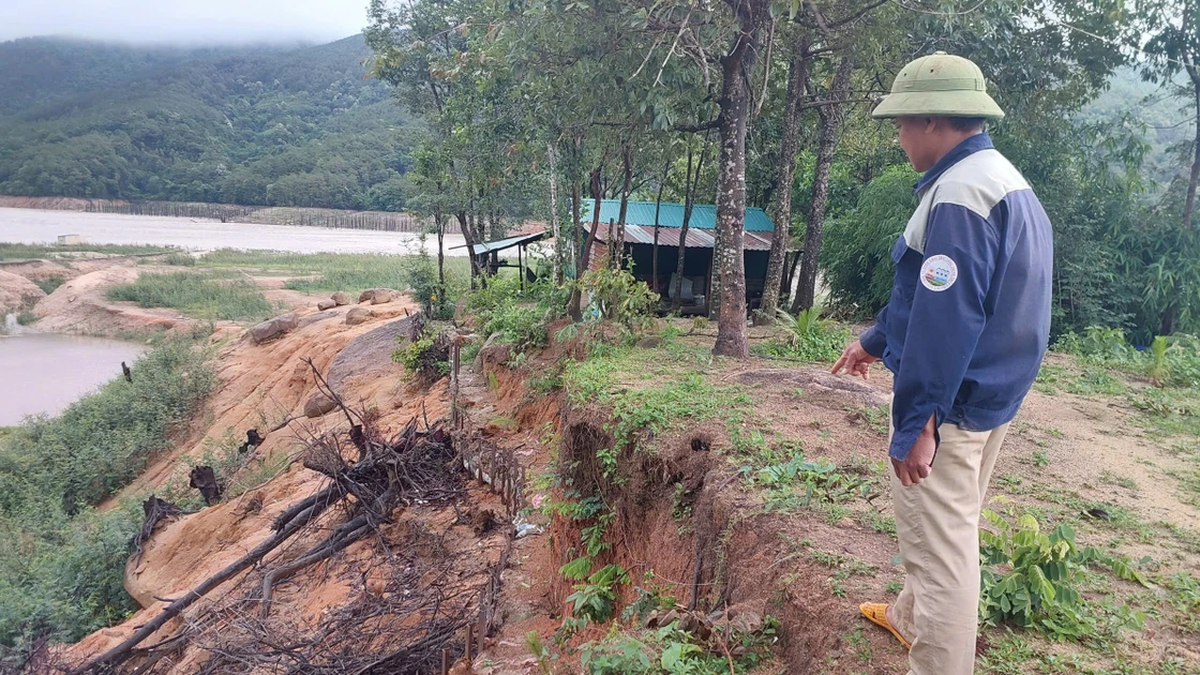



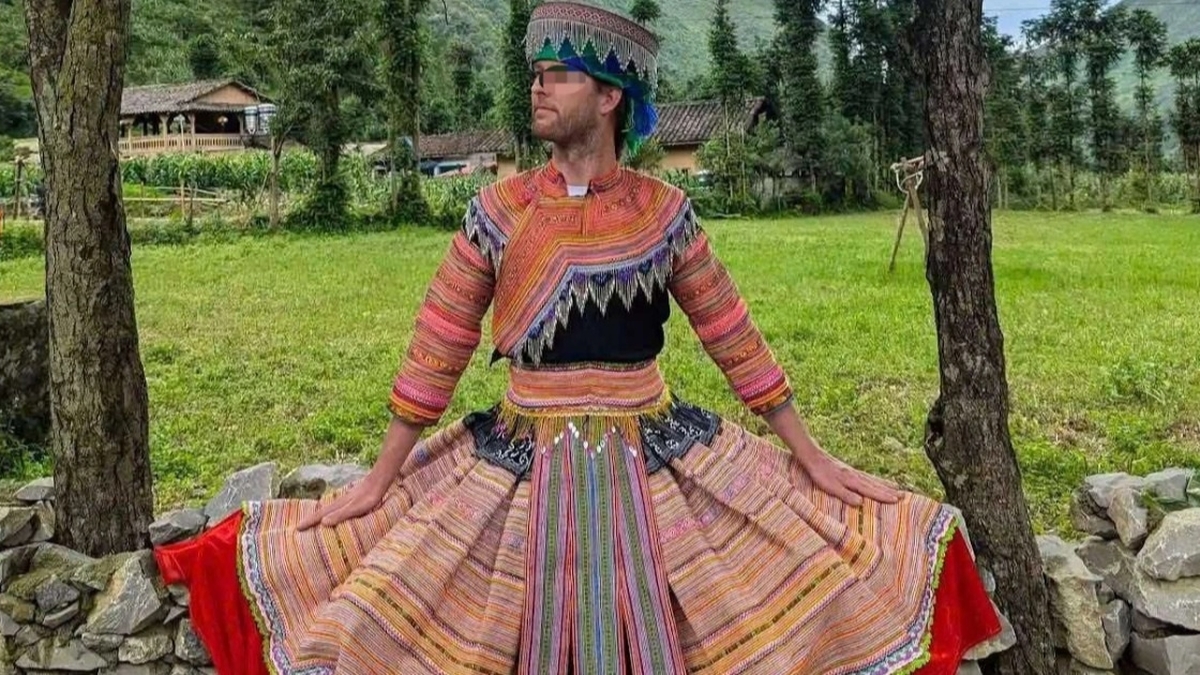
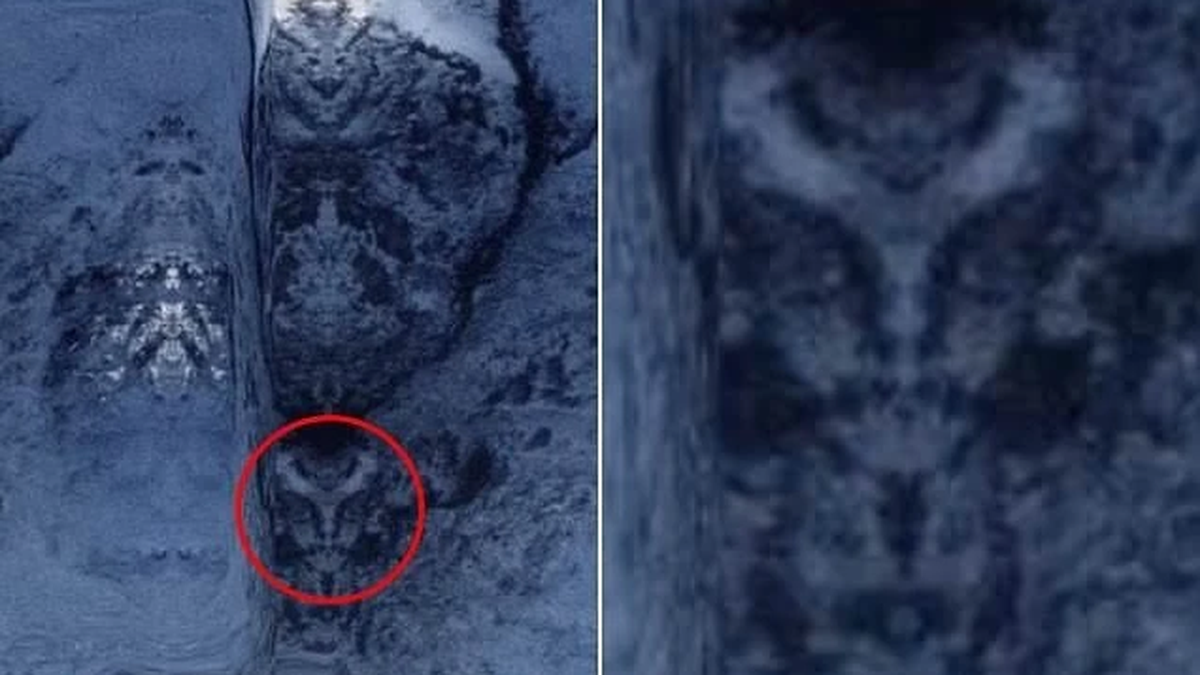
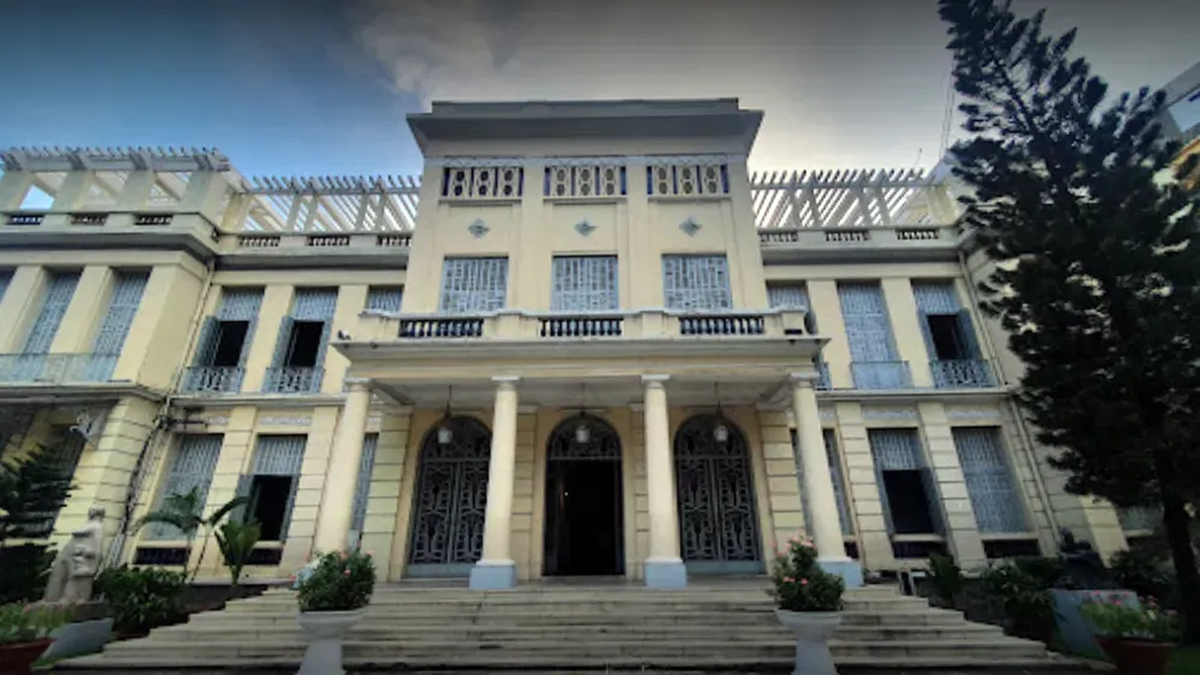















![[Photo] Nghe An: Provincial Road 543D seriously eroded due to floods](https://vphoto.vietnam.vn/thumb/1200x675/vietnam/resource/IMAGE/2025/8/5/5759d3837c26428799f6d929fa274493)




![[Photo] Discover the "wonder" under the sea of Gia Lai](https://vphoto.vietnam.vn/thumb/1200x675/vietnam/resource/IMAGE/2025/8/6/befd4a58bb1245419e86ebe353525f97)







































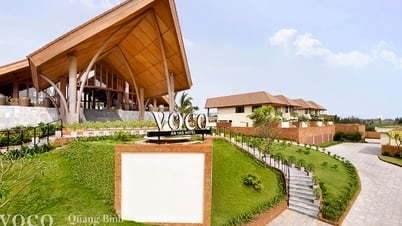























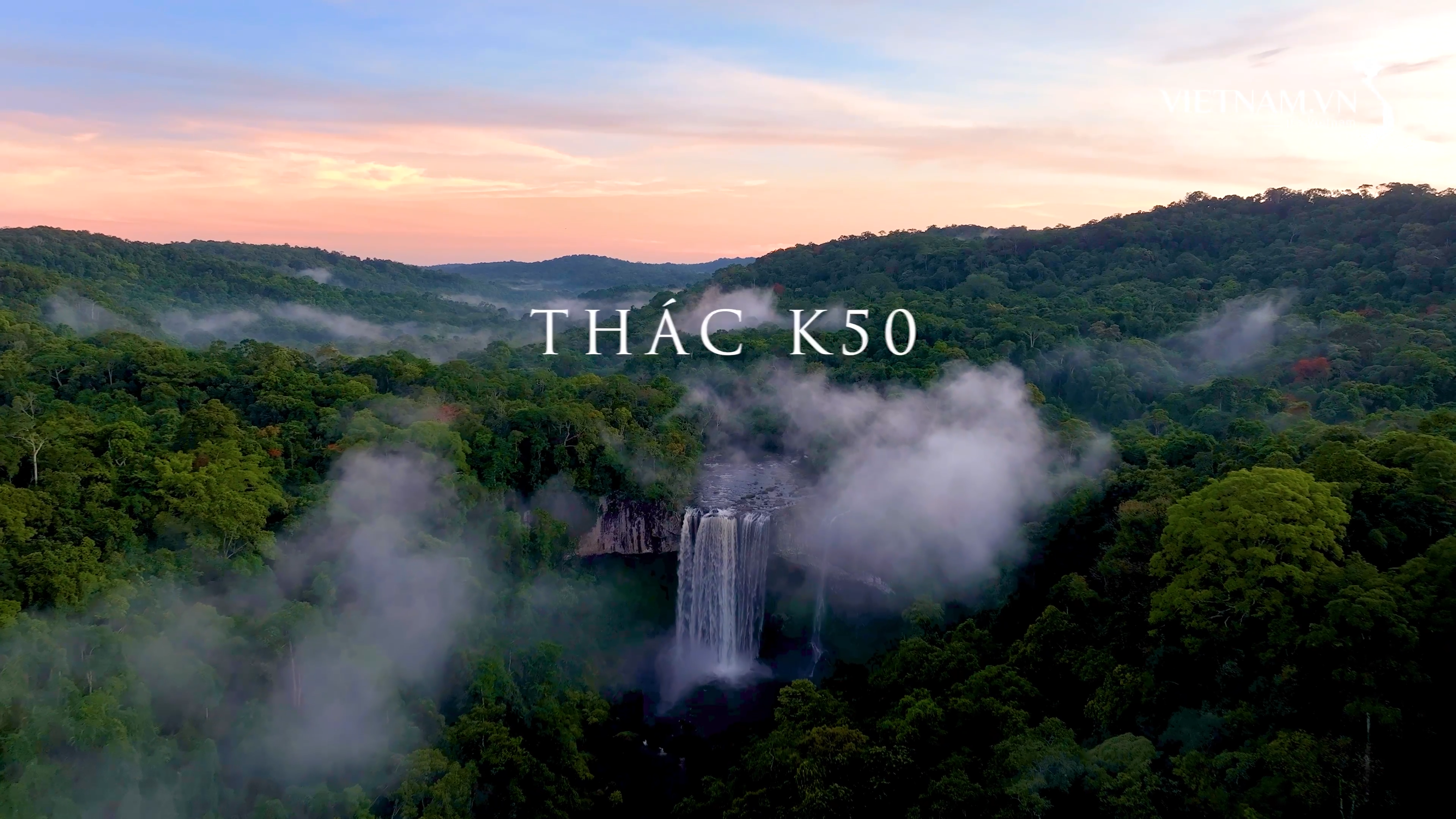


Comment (0)